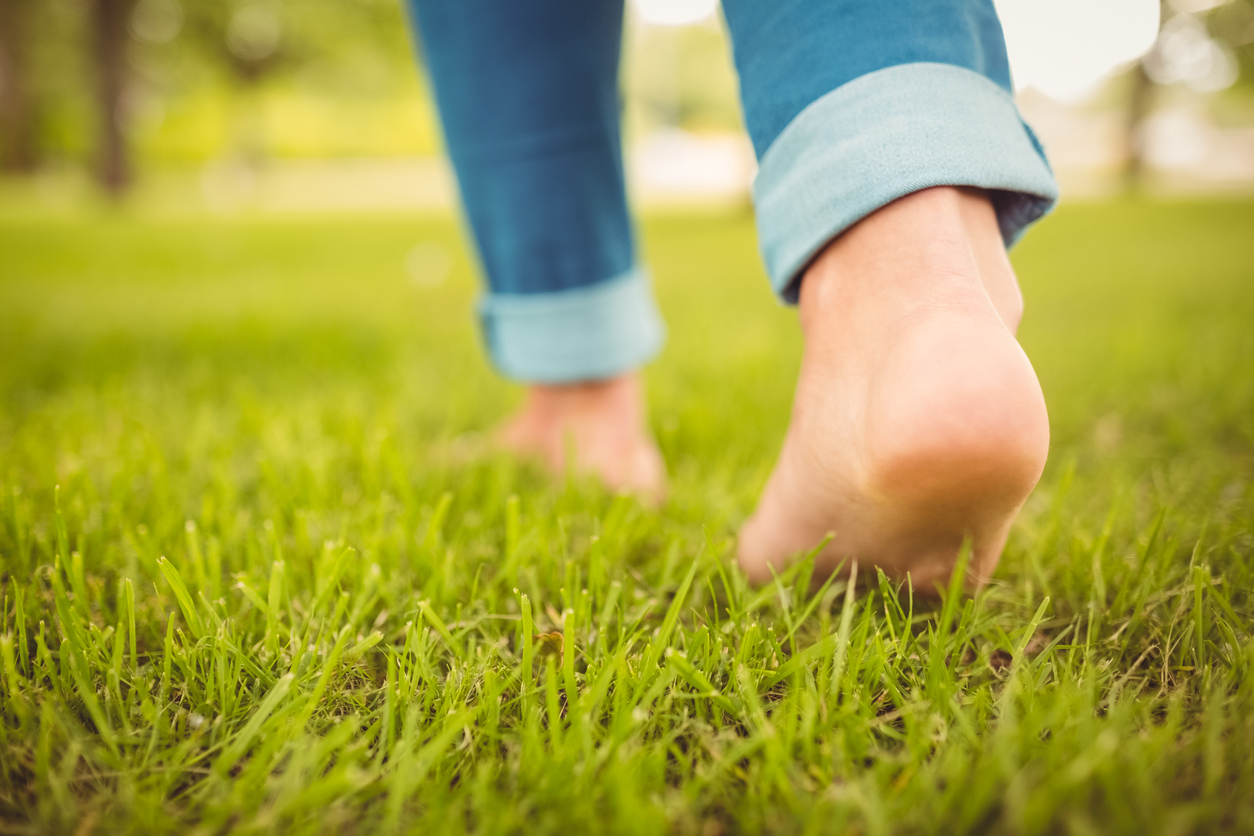5 Fast Ways to Get Out of a Funk, According to Experts

When you’re in a bad mood, it can be hard to pull yourself out of it. While a funk differs from serious depression in that it’s generally more short-lived, no one likes to feel blue. Maybe you’re overwhelmed by global events, or maybe it’s something closer to home, like a falling-out with a friend or workplace drama—whatever the case, there are a lot of reasons you might be down in the dumps. So what’s the best way to square your shoulders, boost your mood, and finish off that funk?
Sisters Shanna Cancino (serial entrepreneur and the co-founder of Zen Resources) and Cherish Wilson (a student of psychology and clinical counseling) have founded The Vibe Check Deck, a 52-card deck that incorporates psychologically-based ideas to help boost your mood throughout the day. Read on for five of their best ideas for pulling yourself out of a funk.
READ THIS NEXT: If This Happens When You Drink Alcohol, It Might Be Time to Stop.
1
Make time for meditation.

You’ve probably heard that meditation can be good for your health, but did you know how much it can help with your emotional wellness?
“Meditation can help promote mental, physical, and emotional health benefits such as better self awareness, reduced stress and anxiety, and improved sleep,” say Cancino and Wilson. “Even as little as five to ten minutes a day can help.” Meditating can also help reduce your risk of dementia and improve your focus and concentration. In fact, research has shown that just 15 minutes of meditation can be equivalent to one whole vacation day—and you won’t even have to book plane tickets or ask your boss for permission to take time off.
To get started, The New York Times recommends taking it slow: “If you were training for a marathon, you wouldn’t begin with a 10-mile run,” they explain. If you’re a true beginner, using a meditation app can help you get started.
2
Write down your thoughts.

“Journaling is an effective technique to promote well-being,” say Cancinco and Wilson. “Just putting a pen to paper and writing about whatever comes to your mind, good or bad, helps free your mind from any clutter or negative thought patterns.”
Psychotherapist F. Diane Barth tells NBC News that “Not only does journaling offer a number of intellectual, organizational, and psychological benefits, but some studies have shown that it can also improve your physical health.” (Studies have shown that by decreasing stress, writing can strengthen your immune system.) If you’ve never journaled before, use prompts to help you get started. And don’t stress out about the quality of your results: “None of these advantages require that you be a good writer,” adds Barth.
RELATED: For more up-to-date information, sign up for our daily newsletter.
3
Ground yourself.

When Cancinco and Wilson talk about connecting with the earth, they don’t mean opening up a copy of National Geographic or watching the latest nature documentary:”The earth is like a big battery. Since everything is connected, plugging into the electrical energy of the earth to be one with nature helps us to feel grounded,” they explain. “It’s difficult to absorb the ground’s restorative energy when we are so acclimated to industrialized cities and wear rubber/leather shoes or when we are surrounded by electronics and appliances—which is why it’s important to integrate being barefoot into your daily practices.”
So find some (clean) grass and soil, take your shoes off (or press your palms against the ground), and take time to soak in that energy, while being mindful of the many wonders that nature has to show us.
4
Practice gratitude.

Research shows that merely saying “Thanks” out loud can boost your mood by 25 percent (as long as you really mean it!). But making a habit of practicing gratitude can have myriad benefits not just on your mood and outlook, but even physiologically (being grateful has been shown to to help you sleep better and keep your heart healthy, among other things).
“When we express gratitude, it can fire up multiple areas of the brain that are responsible for delivering mood- and happiness-boosting chemicals, like dopamine and serotonin,” according to Positive Psychology. Not sure how to begin sincerely feeling grateful in your everyday life? Try a gratitude journal! “Gratitude journals may allow individuals to better organize their thoughts and tasks, potentially leading to improved organization and clarity,” psychiatrist Leela R. Magavi, MD, tells VeryWellMind.
Cancino and Wilson recommend naming five things you are grateful for each day: “What could be better than actively appreciating the people, things and experiences in your life? When we are grateful, we are telling the universe we want more of that.”
5
Think about someone you love.

Speaking of dopamine… “Thinking of someone you love automatically triggers dopamine, oxytocin, endorphins, etc., which are connected to positivity and happiness,” say Cancino and Wilson. “When we feel those types of natural chemicals, we feel good.”
So let your mind wander away from life’s negatives in order to focus in on the people you love. Make sure to streamline your thoughts so that you’re actually thinking about a person and your love for them, as opposed to potentially complicated details. For example, think about your little sister—but not necessarily about the time she deliberately spilled grape juice on your term paper.
Reflecting on the love you feel can boost your energy. “Why not send more of that energy to the person we are thinking about?” ask Cancino and Wilson. “Wouldn’t we want them to feel that type of energy too?”
READ THIS NEXT: If You Notice This in Conversations, Get Checked for Dementia.